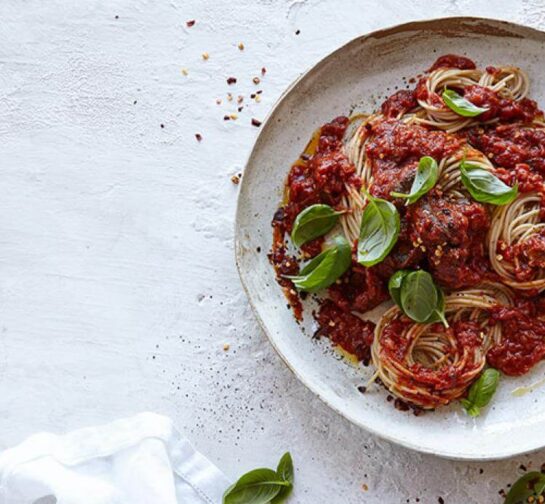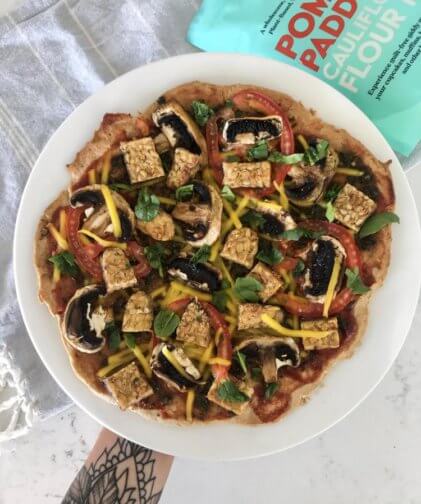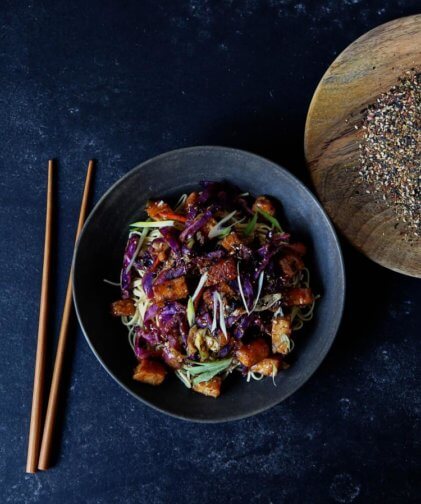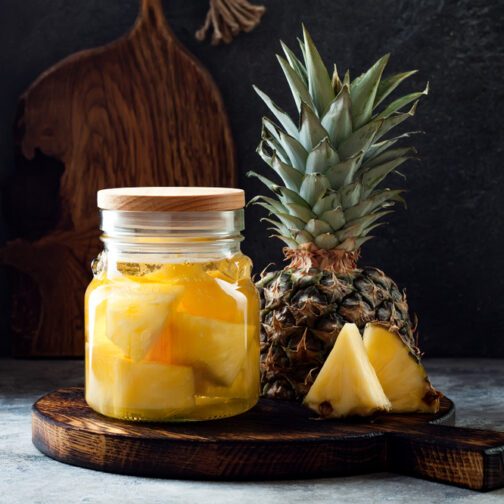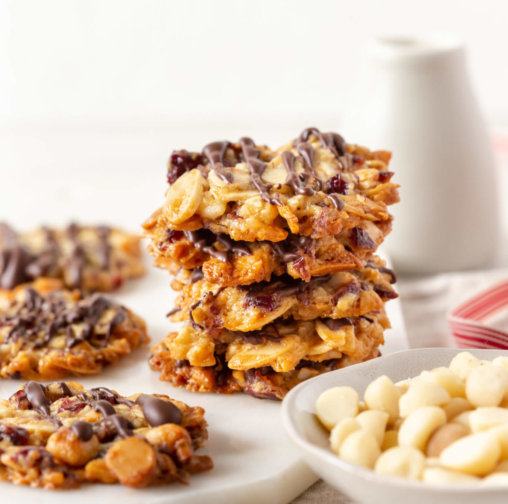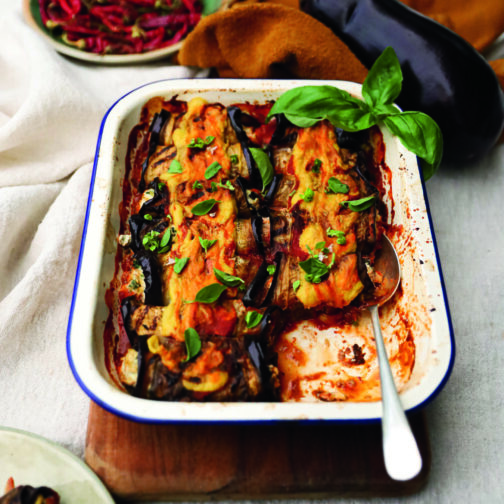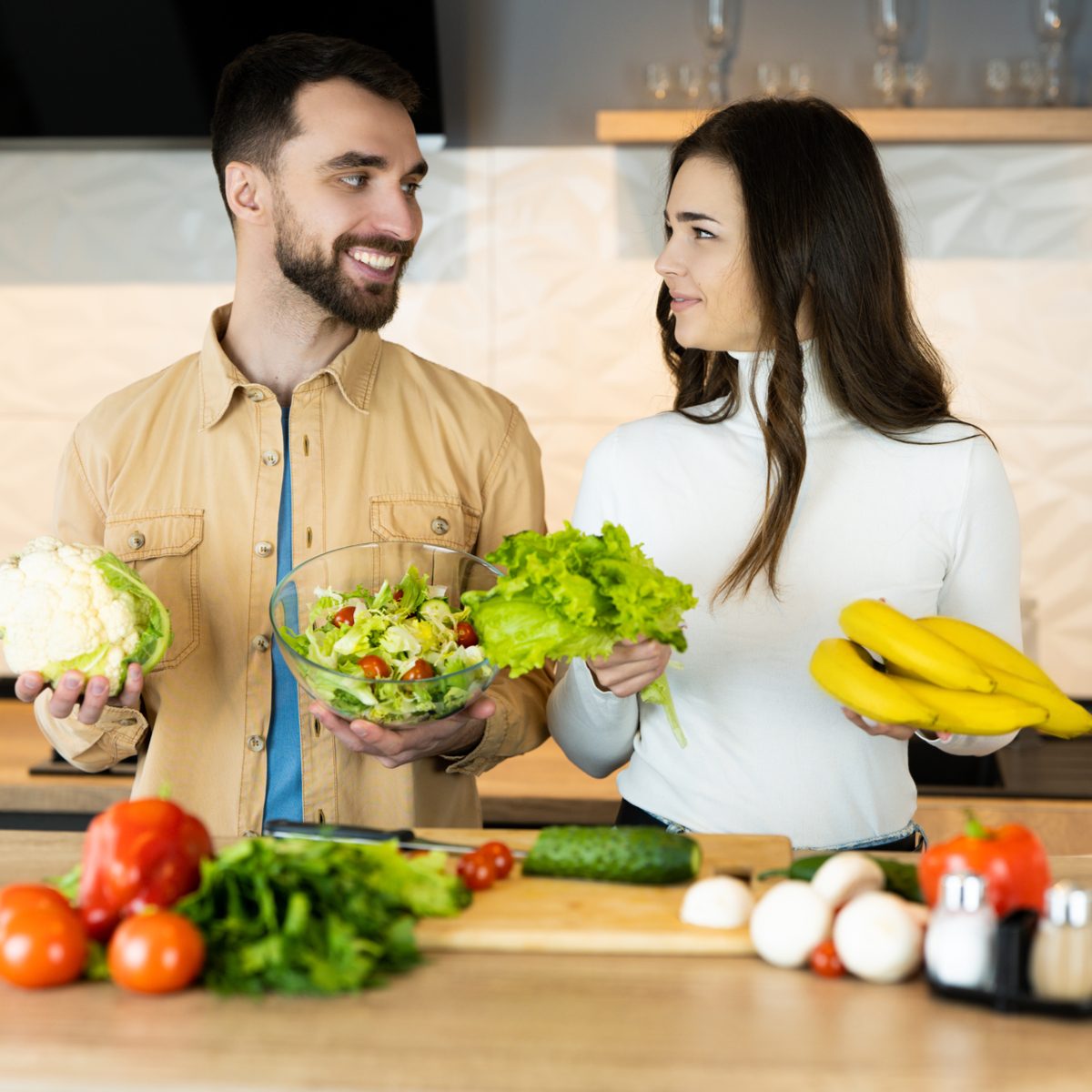
Changing our habits is notoriously hard. That’s one of the reasons for month-long challenges like Veganuary and VeganEasy, that provide intensive support for newcomers to the vegan lifestyle. But how do you make it stick for the long term? Plant-based coach and behavioural science researcher Diana Goldman shares four proven strategies for staying the course.
As a behavioural science researcher who studies habit change as it relates to a vegan diet, I’ve seen what makes for a successful transition. These four strategies will help you sustain the steps you’ve taken after an initial trial run, while maximising the joy and benefits of plant-based living.
1. Stay motivated
However ‘well’ or ‘badly’ you think you’ve been doing so far, pause and acknowledge yourself for the changes you’ve made. Every step towards a vegan way of life is meaningful and – in a nonvegan world – something to be proud of.
One of the best ways to sustain these changes for good is to keep exploring the benefits of a vegan lifestyle. Many plant-based medical professionals, scientists, chefs, podcasters, YouTubers, authors and advocates are committed to sharing what they know and helping you in the pursuit of your goals. This means there’s a fantastic range of resources out there, including documentaries, podcasts, farm animal sanctuaries, recipe books, blogs and magazines, so go ahead and take advantage of them!
The more you learn, the more intrinsic motivation you’ll have – replacing the need to rely on willpower, which we know is a limited internal resource.
2. Find support
Let’s face it. We are compassionate beings who aim to act in ways that benefit us and the world around us, and we are also social beings who want to fit in. This can be challenging while vegans are still in a minority – albeit a rapidly growing one!
Seeking out like-minded people and communities helps us to feel secure in our belonging, so it’s a great idea to embrace support from a vegan friend, coach, mentor, workshop or online group. Your sense of community and self-confidence will increase. You’ll receive empathy, insights, positive feedback, motivation and accountability, and you’ll gain new inspiration and knowledge to help you navigate new situations.
3. Get practical!
Do you wonder what to eat or how you will have time to prepare vegan dishes? As a plant-based coach, nutritionist and recipe creator, I’ve seen the difference it makes to set yourself up for success with these simple, practical steps:
- Keep your knife sharp and improve your cutting skills. An online video can be an effective guide. This can transform the food-prep task from mundane to meditative. Chopping can actually become enjoyable! You might also consider investing in a food processor with a chop setting.
- Either way, while your tools are out, why not bulk-cut your vegetables to be used throughout the week? Add to the veggies some pre-cooked grains and beans and some bulk dressings. You’ll be glad to have these ingredients on hand for grab-and-go salads. Having ample storage containers will ease this process.
- You can save time and effort by doubling up on soup, stew and home-made burger recipes and storing portions in the freezer to eat another day.
- When it comes to recipe inspiration, the internet is a goldmine. Find a few simple, tasty recipes you like and rotate them. If you are someone who loves structure and organisation, consider signing on to a meal plan for inspiration and guidance. Examples include Simon Hill’s free 2-week meal plan download or a subscription option such as the Eat for Tomorrow Meal Planner app.
Although a wholefood, plant-based approach is optimal for health and longevity, vegan convenience foods can have a useful role to play too. From ready meals to vegan cheese shreds and mock meats, there’s an abundance of options that can smooth your transition and help you adapt your favourite recipes into vegan versions. The textures and tastes can be delicious, and these plant-based options are almost always healthier than their animal product equivalents – and certainly better for the environment and the animals.
When travelling, I always advise packing a variety of satisfying snacks, so you don’t find yourself hungry and optionless on the road. Some great choices include energy balls, veggie wraps, granola, dried and fresh fruit, and hummus with crudités or crackers.
4. Adopt this mindset
As with so many life goals, our mindset is crucial. My number one tip here is to focus on progress not perfection. While some people switch overnight and never look back, the majority of us do well transitioning over time, so be patient with yourself as you take small steps and make incremental changes.
We know from research that a perfectionist mentality sets us up to fall short. In a major US survey, 43% of former vegetarians and vegans went back to eating animals because they felt it was too difficult to be pure with their diet. But there’s no need to give up entirely, just because of slip-ups along the way. This is why it’s so important to focus on celebrating your successes, learning from your setbacks, and owning your own journey.
With this mindset, you can feel good about each and every step you are making. Together, they are contributing to healing the planet, a compassionate relationship with other sentient beings, and the positive wellbeing of your body and mind.



